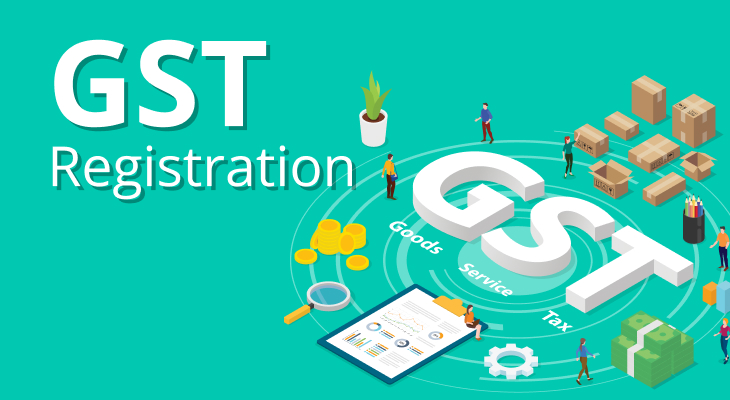Maximize Your Savings with the Best GST Registration Services in Singapore
From Beginning To End: The Ultimate Roadmap to GST Registration for Businesses Looking For Financial Security
Navigating the complexities of Item and Solutions Tax Obligation (GST) enrollment is a critical step for services striving for monetary security. From recognizing the essential concepts of GST to adhering to post-registration standards, the process can seem discouraging initially glimpse. Damaging down the roadmap into workable actions can improve the enrollment trip for companies looking to enhance their economic standing. Let's check out the essential parts that compose this best roadmap and find exactly how each stage adds to laying a strong structure for financial success.
Understanding GST Basics
Diving into the basic principles of Item and Services Tax Obligation (GST) is vital for gaining a thorough understanding of its ramifications on companies and the economic climate. Input Tax Credit (ITC) is a considerable attribute of GST, enabling companies to declare debt for tax obligations paid on inputs, lowering the overall tax burden. Comprehending the fundamentals of GST is important for organizations to comply with tax policies, manage their financial resources effectively, and contribute to the country's economic growth by taking part in a clear tax obligation system.
Qualification Criteria for Registration
As of the present regulations, the threshold restriction for GST registration is a yearly accumulation turnover of 40 lakhs for services operating within a state, except for unique category states where the restriction is 20 lakhs. Additionally, particular companies are required to sign up for GST irrespective of their turnover, such as interstate suppliers, informal taxed persons, and organizations accountable to pay tax obligation under the reverse fee system. It is important for organizations to completely examine their turn over and purchase types to determine their GST enrollment responsibilities precisely.
Records Needed for Registration
Having actually fulfilled the eligibility standards for GST registration, businesses have to now guarantee they have the requisite papers in place to continue with the registration procedure efficiently. The records required for GST enrollment commonly more info here consist of proof of organization constitution, such as collaboration action, registration certificate, or consolidation certification for different kinds of companies. Furthermore, businesses require to provide you could try here papers establishing the primary area of organization, such as a rental agreement or electrical power bill.
Step-by-Step Enrollment Process
Commencing the GST enrollment process involves a series of organized actions to ensure a certified and smooth enrollment for services. The initial step is to visit the GST site and submit the registration form with accurate information of business entity. Following this, the applicant gets a Short-term Referral Number (TRN) which is made use of to resume the application procedure if it's not completed in one go.
Following, all required files as per the checklist given by the GST portal requirement to be published. These records generally consist of proof of organization address, identification and registration proofs of marketers, economic declarations, and business entity's PAN card.

Post-Registration Conformity Standards

Conclusion
Finally, services looking for economic security should understand the fundamentals of GST, satisfy eligibility requirements, gather needed papers, comply with the step-by-step registration procedure, and abide by post-registration standards - Best GST registration services in Singapore. By sticking to these steps, businesses can ensure conformity with tax policies and maintain economic stability over time
Furthermore, certain businesses are called for to register click now for GST regardless of their turn over, such as interstate distributors, laid-back taxable individuals, and companies accountable to pay tax obligation under the reverse charge device.Having fulfilled the qualification standards for GST registration, organizations need to currently guarantee they have the requisite papers in place to continue with the registration procedure effectively. The files needed for GST registration typically consist of proof of service constitution, such as partnership action, enrollment certificate, or unification certification for different kinds of companies. In addition, businesses need to offer files establishing the principal location of company, such as a rental arrangement or electrical power costs.Commencing the GST registration procedure entails a series of structured actions to make certain a seamless and compliant registration for services.